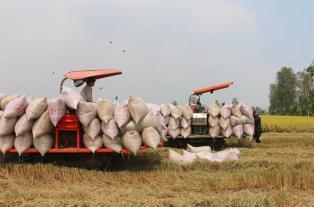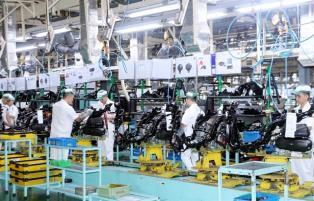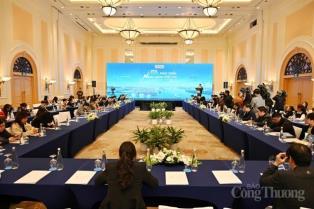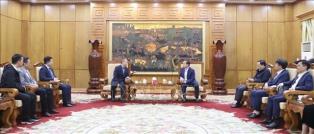Deputy Prime Minister Nguyễn Chí Dũng on Friday chaired a meeting with ministries on a draft resolution aiming at enhancing the efficiency and role of the State-owned economic sector.
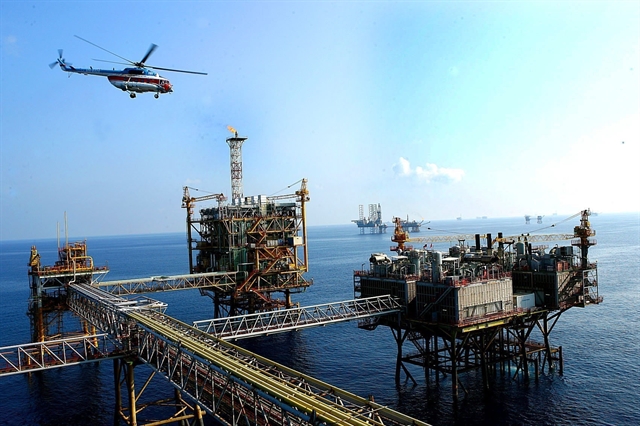
HÀ NỘI — Deputy Prime Minister Nguyễn Chí Dũng on Friday chaired a meeting with ministries on a draft resolution aiming at enhancing the efficiency and role of the State-owned economic sector.
The sector has maintained a leading role in accelerating growth and ensuring macro-economic stability, economic security and social welfare during the past four decades of economic reforms.
State-owned enterprises (SOEs) have contributed significantly to budget revenues, with some holding strategic positions in the national economy and competing regionally.
However, there are persistent shortcomings, the Government leader said. Many SOEs operate less efficiently than private companies with the same resources, and can be slow to innovate.
Deputy PM Dũng emphasised that the resolution must be completed on schedule to address major strategic issues and take steps in the right direction for the development of SOEs and breakthroughs in key sectors.
The deputy PM said the resolution must clarify the pioneering roles of the State economic sector and particularly SOEs.
He also urged SOEs to take the lead in digital transformation, green transition and sustainable development while improving efficiency in operation and use of resources and public assets.
Deputy Minister of Finance Hồ Sỹ Hùng said that the ministry has collected feedback from ministries and agencies on the draft resolution, which would implement breakthrough measures for SOEs and State-owned banks, public service units, budget resources, off-budget funds, national reserves, land, natural resources and public infrastructure.
Data from the General Statistics Office shows that the State-owned economic sector contributed around 21 per cent to GDP in 2023, down from 24.2 per cent in 2010. In comparison, the private sector’s contribution rose from 49.7 per cent to 50.4 per cent, and FDI grew from 15.1 per cent to 20.2 per cent during the same period.
Resolution 68-NQ/TW dated May 4, 2025 on developing the private economic sector has set a goal for the private economy to contribute 50-58 per cent of GDP by 2030. — VNS


